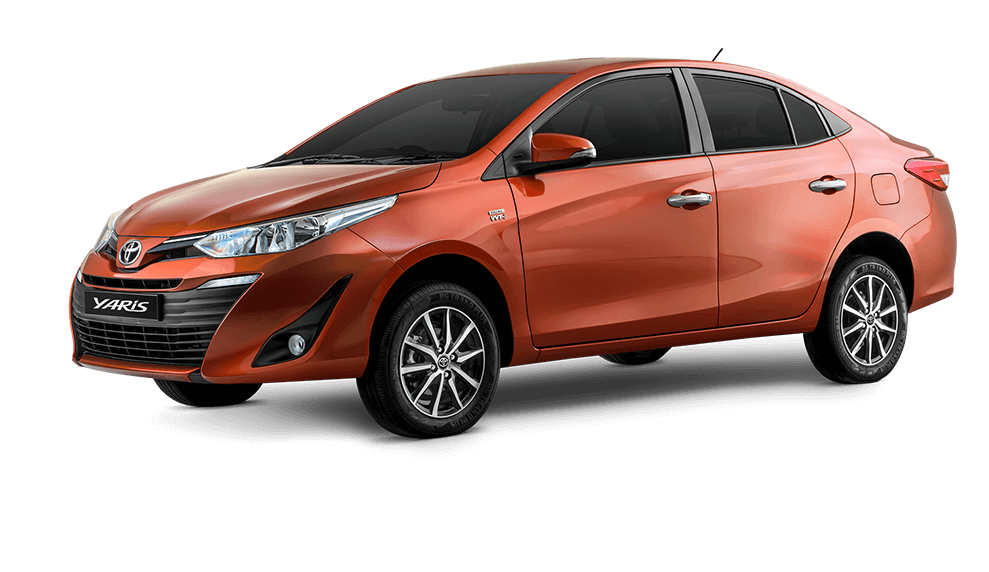On Monday, senior officials from Toyota announced that the company has ceased sales and deliveries of its Yaris Ativ model in Thailand. The move came after it was discovered that Daihatsu, a Toyota affiliate, had tampered with part of the door in side-collision safety tests. During a press conference held in Bangkok, Masahiko Maeda, CEO of Toyota’s Asia region, explained that the problem may have arisen due to pressure during the development of the Ativ model, but reassured customers that the vehicles were safe to use. Toyota is currently working with the Thai government to resume sales.
Maeda stated that if the development of the model had been carried out under appropriate conditions, the problem would not have occurred. He suggested that the vehicle’s relatively large size may have posed a challenge to Daihatsu, which typically specializes in the production of small cars.
Toyota and Daihatsu disclosed last month that they were investigating how part of the door in side-collision safety tests carried out for around 88,000 small cars had been changed for the purpose of side-on crash safety testing. Daihatsu confirmed that approximately 76,000 of these vehicles were Yaris Ativs, which were primarily bound for Thailand, Mexico, and the Gulf Cooperation Council (GCC). The GCC is made up of Saudi Arabia, the United Arab Emirates, Kuwait, Qatar, Bahrain, and Oman.
During his visit to Thailand, Toyota Chairman Akio Toyoda visited the company’s Gateway plant in Chachoengsao province for the first time in ten years to assure workers that Toyota would resolve the issue. Toyoda stated that he had a personal attachment to Thailand, calling it his “home away from home” at an event celebrating Toyota’s 60th anniversary of operations in the country last year. He also revealed that late Thai King Bhumibol Adulyadej had expressed his confidence in Toyota as a company, even after the massive recalls in the U.S. that led to investigations and Toyoda testifying before Congress in 2010.
Toyota President Koji Sato, who took over from Toyoda on April 1, was not present at the press conference. For Daihatsu, Southeast Asia is a crucial market, with production facilities in Indonesia and Malaysia, but no factories in Thailand. Thailand is Toyota’s fourth-largest global center by production volume, after Japan, the U.S., and China. The company produced roughly 59,000 vehicles, including Lexus models, in the country last year.

